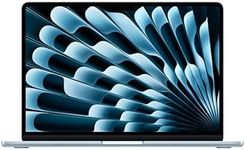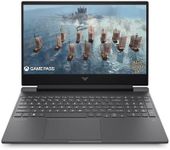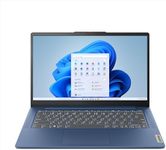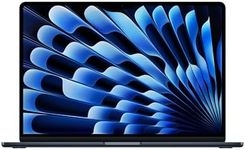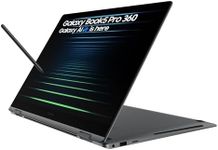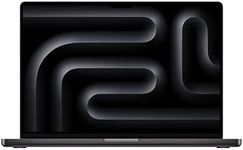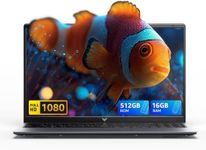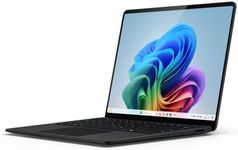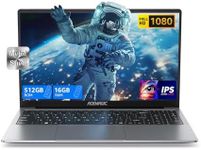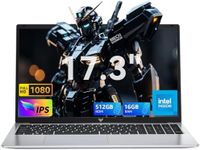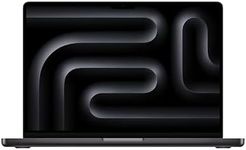Buying Guide for the Best Laptops
Choosing the right laptop can be a daunting task given the multitude of options available. It's important to consider what you'll be using the laptop for, as different tasks require different specifications. Whether you're a student, a professional, a gamer, or just need a laptop for everyday use, understanding the key specifications will help you make an informed decision.Processor (CPU)The processor is the brain of the laptop and determines how fast and efficiently it can perform tasks. For basic tasks like browsing the web and using office applications, an entry-level processor like Intel Core i3 or AMD Ryzen 3 will suffice. For more demanding tasks like video editing, programming, or gaming, you should look for a mid-range to high-end processor like Intel Core i5/i7 or AMD Ryzen 5/7. If you need top-tier performance for professional-grade applications, consider Intel Core i9 or AMD Ryzen 9.
RAMRAM (Random Access Memory) is crucial for multitasking and running applications smoothly. For basic use, 4GB to 8GB of RAM is usually enough. If you plan to run multiple applications simultaneously or use more demanding software, 16GB is a good middle ground. For heavy multitasking, gaming, or professional applications like video editing and 3D rendering, 32GB or more may be necessary.
StorageStorage determines how much data you can keep on your laptop. There are two main types: HDD (Hard Disk Drive) and SSD (Solid State Drive). SSDs are faster and more reliable but usually more expensive. For basic use, a 256GB SSD should be sufficient. If you store a lot of files, photos, or videos, consider a 512GB or 1TB SSD. HDDs are cheaper and offer more storage space, but they are slower. If you need a lot of storage and are on a budget, a combination of SSD for the operating system and HDD for data storage can be a good option.
DisplayThe display is important for your viewing experience. For general use, a 13 to 15-inch screen with Full HD (1920x1080) resolution is usually adequate. If you need more screen real estate for multitasking or professional work, consider a larger screen (17 inches) or higher resolution (4K). For gaming or graphic design, look for displays with higher refresh rates (120Hz or more) and better color accuracy.
Battery LifeBattery life is crucial if you plan to use your laptop on the go. For basic use, a laptop with 6-8 hours of battery life should be sufficient. If you travel frequently or use your laptop for extended periods away from a power source, look for models that offer 10 hours or more. Keep in mind that more powerful laptops with high-end specs may have shorter battery life.
Graphics Card (GPU)The graphics card is important for gaming, video editing, and other graphics-intensive tasks. Integrated graphics (built into the CPU) are usually sufficient for basic tasks and light gaming. For more demanding applications, look for dedicated graphics cards like NVIDIA GeForce or AMD Radeon. Entry-level GPUs are good for casual gaming, while mid-range to high-end GPUs are necessary for serious gaming, VR, and professional graphic work.
PortabilityPortability is determined by the laptop's size and weight. If you need a laptop for travel or commuting, look for lightweight models (under 3 pounds) and compact sizes (13-14 inches). For home or office use where portability is less important, larger and heavier models (15-17 inches) can offer better performance and more features.
ConnectivityConnectivity options like USB ports, HDMI, and Wi-Fi are important for connecting peripherals and accessing the internet. Ensure the laptop has enough USB ports for your needs, and consider USB-C for faster data transfer. HDMI ports are useful for connecting to external monitors. For internet access, look for laptops with the latest Wi-Fi standards (Wi-Fi 6) for better speed and reliability.
